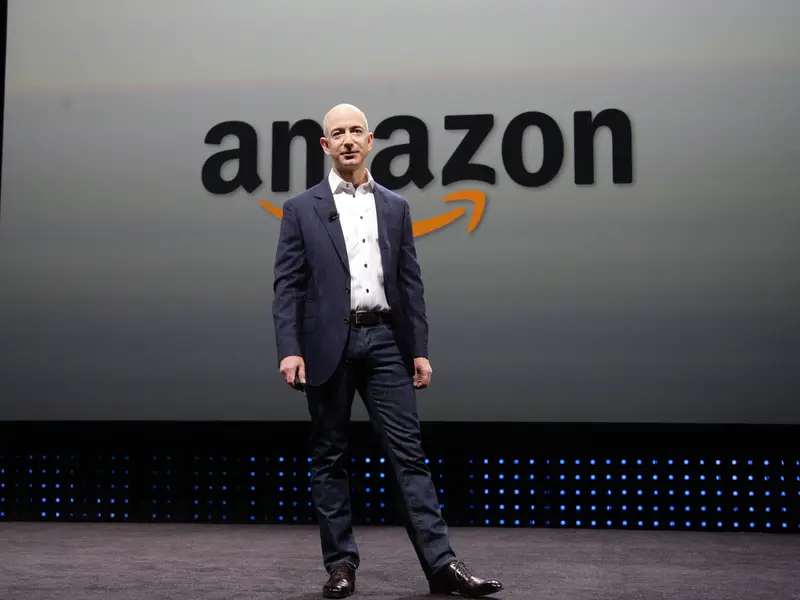By using the site, you agree to the use of cookies in your browser.

In May 2025, Amazon officially announced the large-scale rollout of next-generation autonomous trucks equipped with its proprietary artificial intelligence system, Amazon FreightMind AI. These new vehicles, built on Rivian and Aurora electric truck platforms, have already started operating between major logistics hubs in Texas, California, and Nevada.
FreightMind AI uses real-time machine learning to adapt to road conditions, traffic patterns, and weather. This allows the system to dynamically optimize routes, reduce CO₂ emissions, and cut delivery times by 15–20%. A hybrid control model is used: in high-density areas or city zones, the system can temporarily hand control to remote human operators.
Amazon claims this technology will not only speed up logistics but also help solve the ongoing truck driver shortage in the U.S. The company emphasizes that the project is also creating new jobs, including roles for AI engineers, remote control operators, cybersecurity experts, and technicians maintaining autonomous systems.
Labor unions, however, have voiced concerns over the potential displacement of truck drivers, demanding clear regulations to protect workers’ rights. The U.S. Department of Transportation stated it is closely monitoring the project and is considering the introduction of certification standards for commercial AI systems.
Experts see this initiative as a turning point: the U.S. is entering an era of “smart logistics,” where data, automation, and sustainability are key competitive advantages.